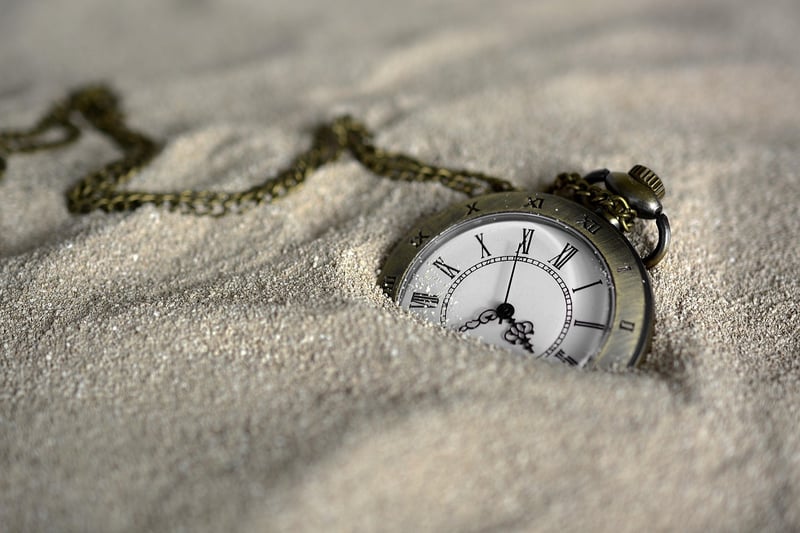Temporal Paradoxes
The Moral Implications of Time Travel and Temporal Paradoxes
Time travel has long captivated human imagination, offering a fascinating glimpse into the possibilities of altering the past or visiting the future. However, the concept of time travel raises significant moral implications and introduces complex temporal paradoxes that challenge our understanding of cause and effect. Let's delve into the ethical considerations and paradoxes associated with time travel.
1. Altering Historical Events
One of the most pressing moral dilemmas of time travel is the potential to alter historical events. Changing the course of history, even with good intentions, can have unforeseen consequences and disrupt the natural progression of society. The ethical question arises: should we interfere with the past, or is it our responsibility to let events unfold as they did?
2. The Butterfly Effect
The butterfly effect, a concept popularized in chaos theory, suggests that small changes can have large, unpredictable consequences over time. In the context of time travel, even minor alterations in the past could lead to significant and unintended outcomes in the future. This raises questions about accountability and the moral responsibility of time travelers for the repercussions of their actions.
3. Grandfather Paradox
The grandfather paradox is a classic example of a temporal paradox that arises in time travel scenarios. It posits a situation where a time traveler goes back in time and prevents their grandfather from meeting their grandmother, thus preventing their own existence. This paradox challenges the notion of causality and raises questions about the possibility of changing the past without creating logical inconsistencies.
4. Predestination Paradox
The predestination paradox is another intriguing temporal paradox that involves a loop of events where the future influences the past, which in turn leads to the future event. In such a scenario, it becomes unclear what initiated the chain of events and whether free will exists or if everything is predetermined. This paradox raises profound questions about the nature of time and the concept of choice.
Conclusion
Time travel opens up a realm of ethical dilemmas and paradoxes that challenge our understanding of morality, causality, and free will. While the concept of time travel remains a theoretical possibility, exploring its implications offers valuable insights into the complexities of temporal manipulation and the fragility of our timeline. As we continue to ponder the moral implications of time travel, we are reminded of the intricate interplay between actions, consequences, and the fabric of time itself.

For further reading on the topic of time travel and its moral implications, you can explore The Stanford Encyclopedia of Philosophy.
